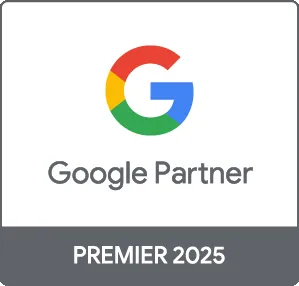The General Data Protection Regulation (GDPR) has significantly transformed the landscape of digital advertising in Europe and beyond. Instituted in May 2018, GDPR aims to protect the privacy and data of EU citizens, resulting in profound implications for advertisers. This article will explore how GDPR affects digital advertising strategies, compliance requirements, and the future of data-focused marketing.
Understanding GDPR
GDPR is a comprehensive legislation that regulates how companies handle personal data. It gives individuals more control over their data and imposes strict rules on businesses that collect and process this data. Failure to comply can lead to substantial fines, making understanding this legislation critical for marketers.
Key Impacts of GDPR on Digital Advertising
1. Consent Requirements
One of the most significant changes GDPR introduced is the requirement for explicit consent before collecting personal data. Marketers must ensure that:
- Users provide clear and affirmative consent.
- Consent is obtained before any personal data collection.
- Users have the ability to revoke consent at any time.
2. Enhanced Transparency
GDPR mandates that companies must be transparent about what data they collect and how it will be used. Advertisers are now required to:
- Clearly inform users about data usage in privacy policies.
- Be upfront about third-party data sharing arrangements.
3. Limited Data Collection
Under GDPR, advertisers can no longer engage in excessive data collection. This leads to a shift towards:
- Collecting data that is strictly necessary for the intended purpose.
- Exploring alternative approaches, such as contextual advertising, which does not rely on personal data.
4. Increased Focus on First-Party Data
As cookies and third-party tracking face scrutiny, advertisers are moving towards leveraging first-party data. Businesses can benefit by:
- Building customer relationships to gather data directly.
- Creating loyalty programs that incentivize customers to share their information.
5. Data Security Measures
GDPR emphasizes data security and requires organizations to:
- Implement appropriate technical measures to protect data.
- Conduct regular data audits to ensure compliance.
Adapting to the New Landscape
The compliance challenges posed by GDPR necessitate a rethink in the way digital advertising campaigns are constructed. Here are a few strategies to navigate this new environment:
- Invest in Compliance: Prioritize GDPR compliance in your marketing budgets.
- Educate Your Team: Ensure that your marketing and advertising staff understand GDPR requirements.
- Leverage Technology: Utilize tools designed for GDPR compliance, including customer data management systems that help manage consent efficiently.
Conclusion
While the GDPR presents challenges for digital advertising, it also provides an opportunity for businesses to establish trust with their customers. By adapting to these regulations and prioritizing data protection, advertisers can create more responsible, effective, and consumer-friendly marketing strategies. At Prebo Digital, we are committed to helping businesses navigate these regulatory changes while optimizing their advertising efforts.





